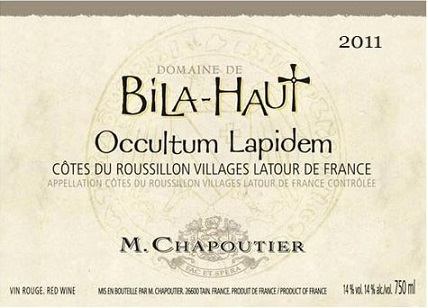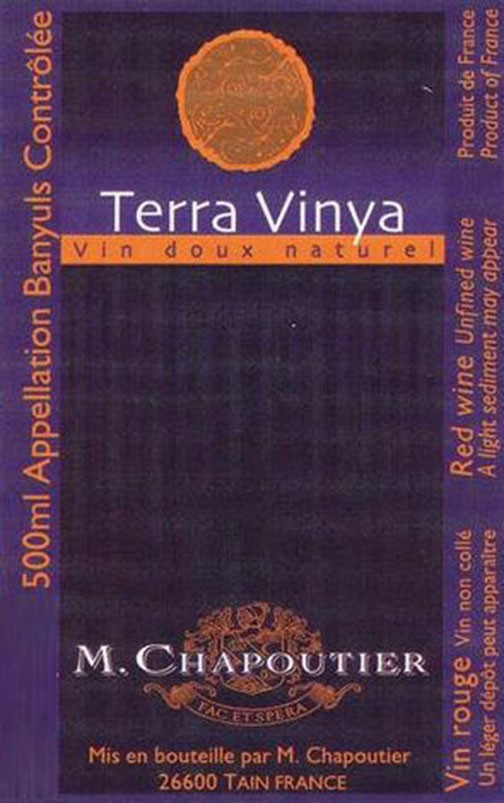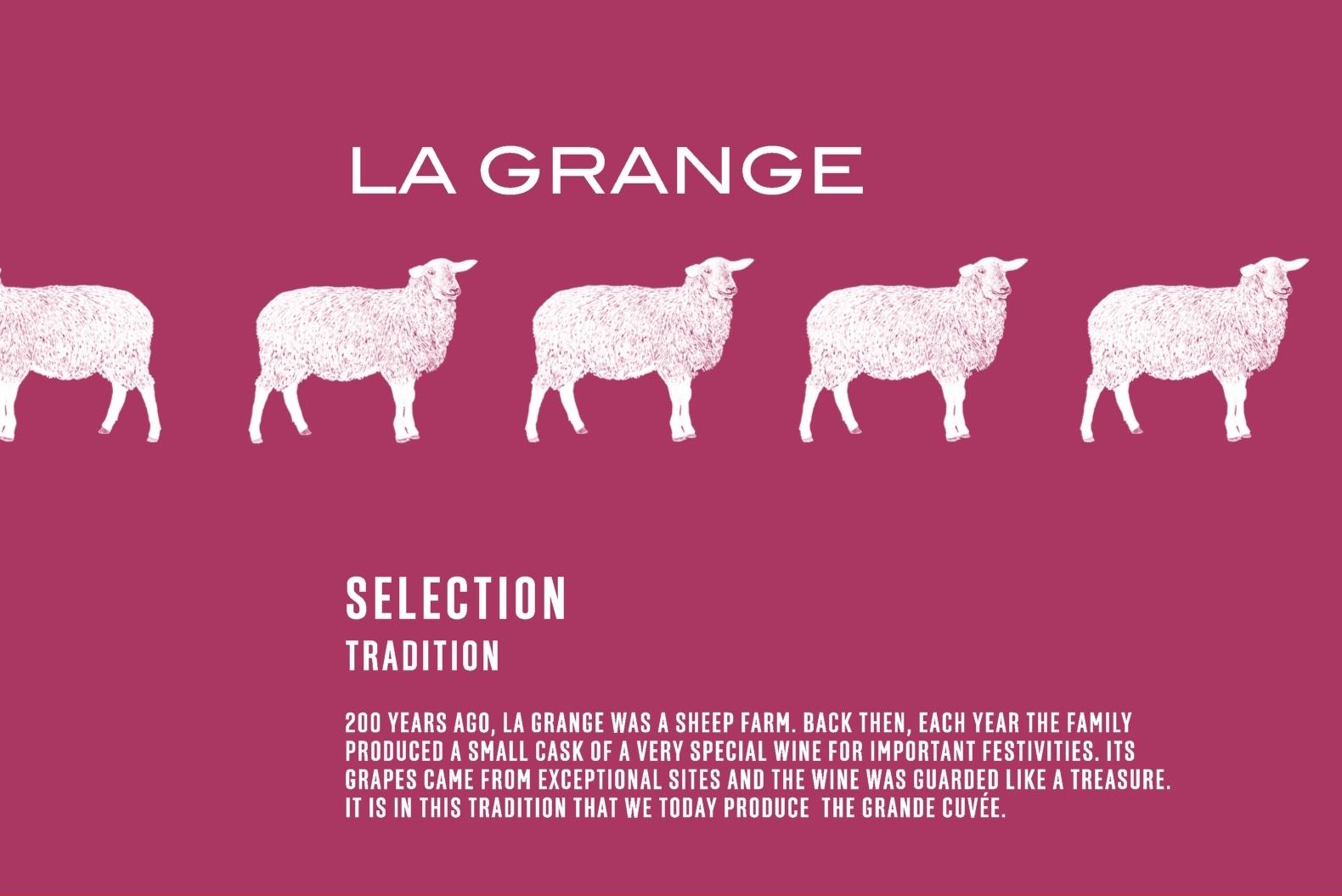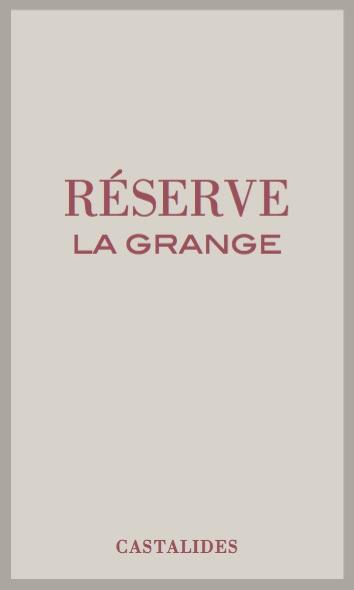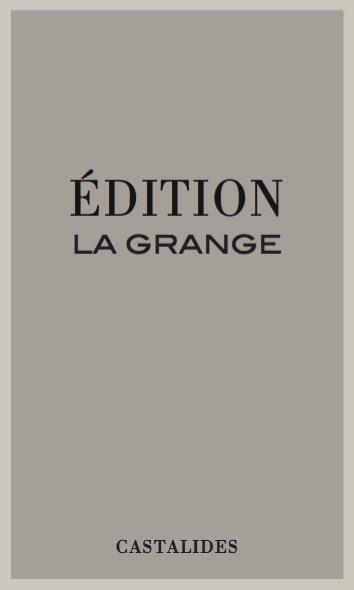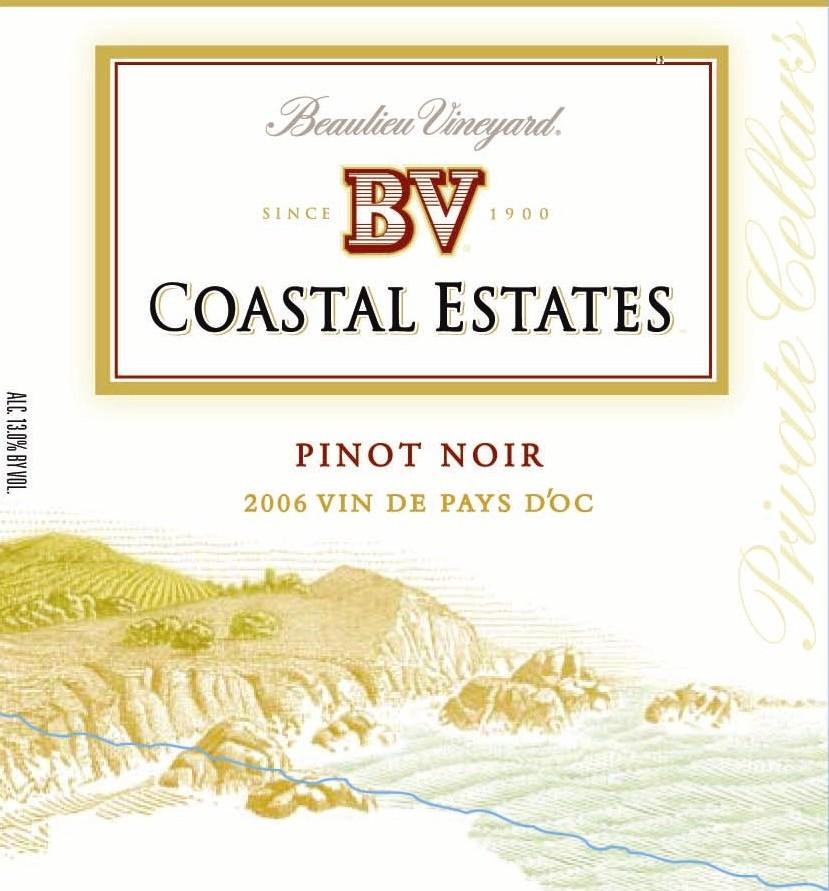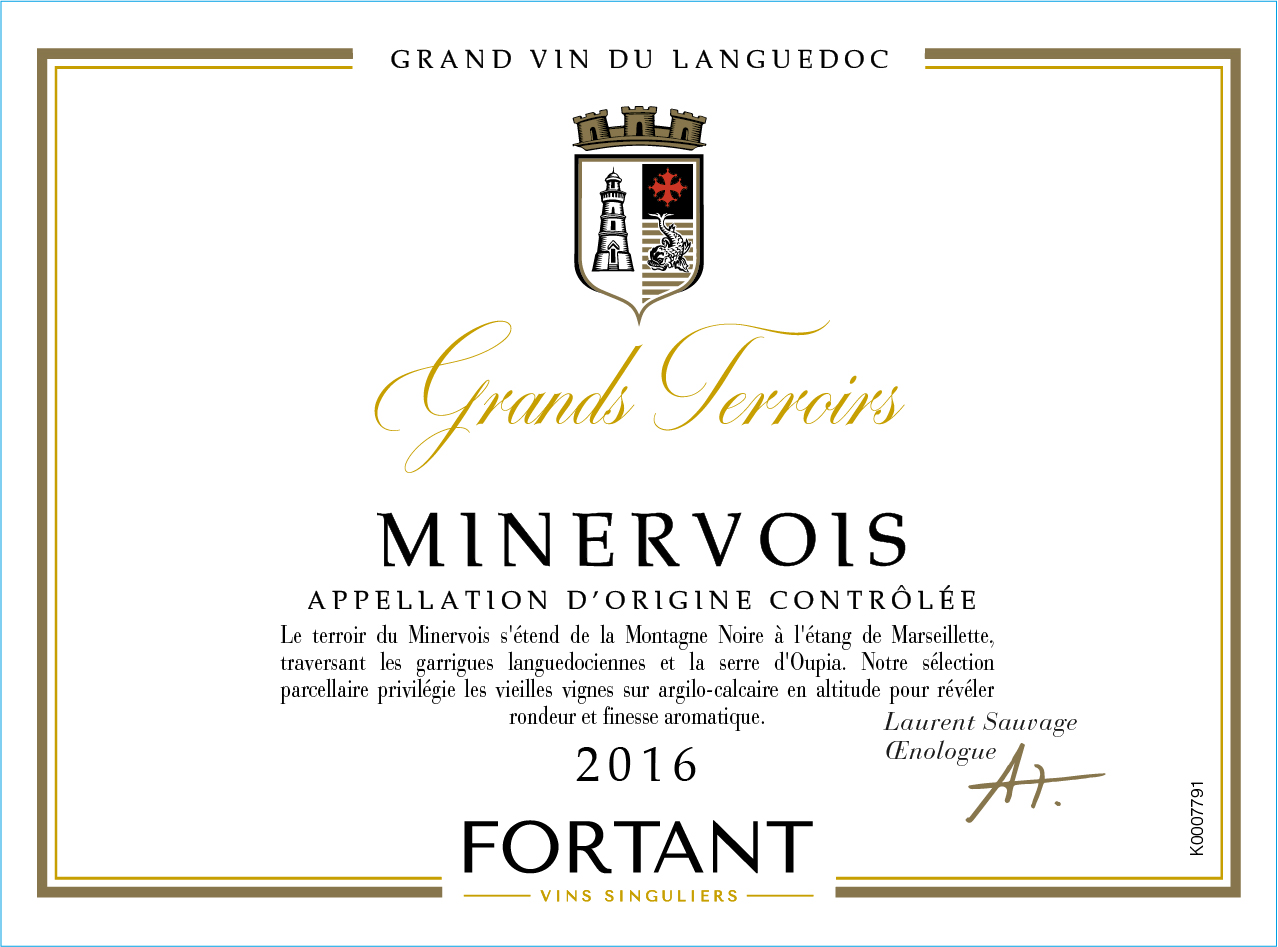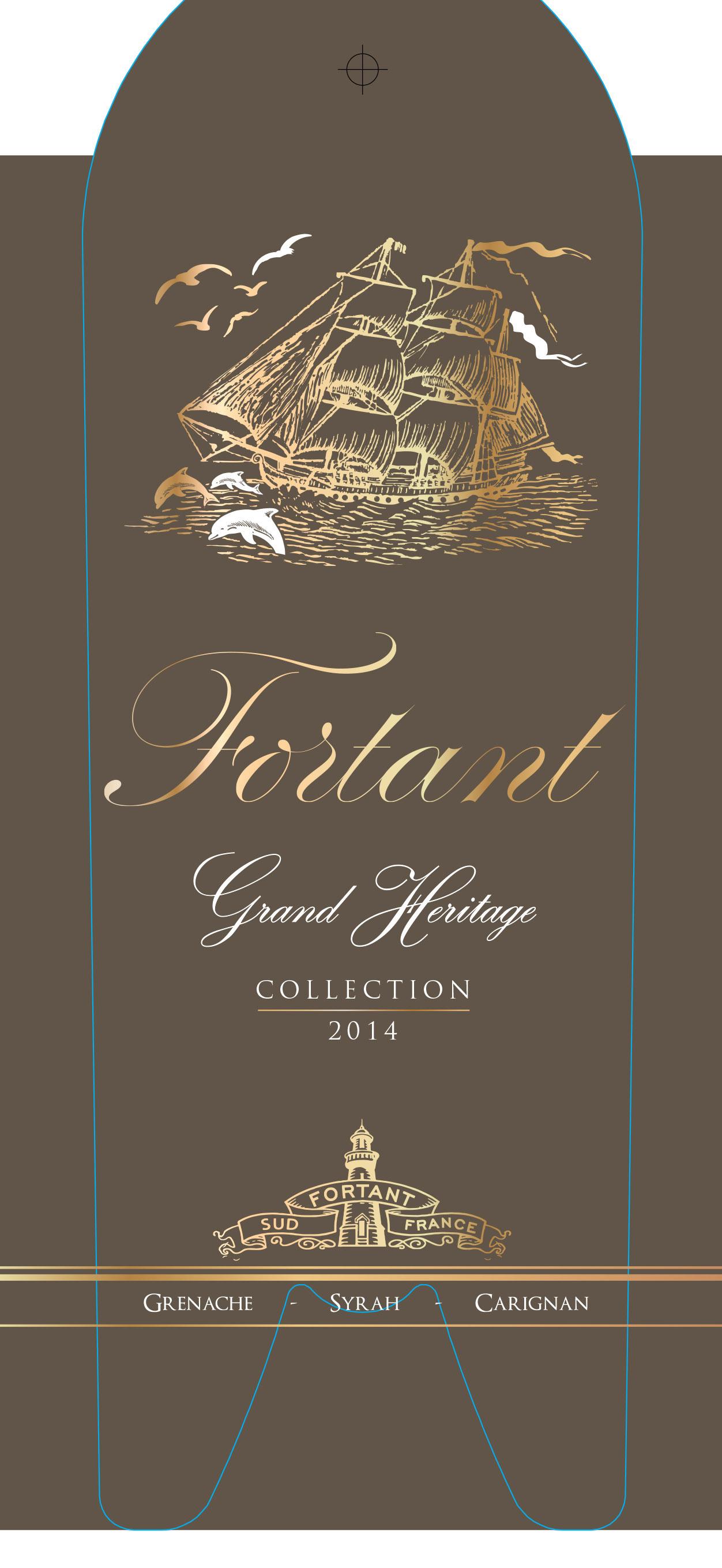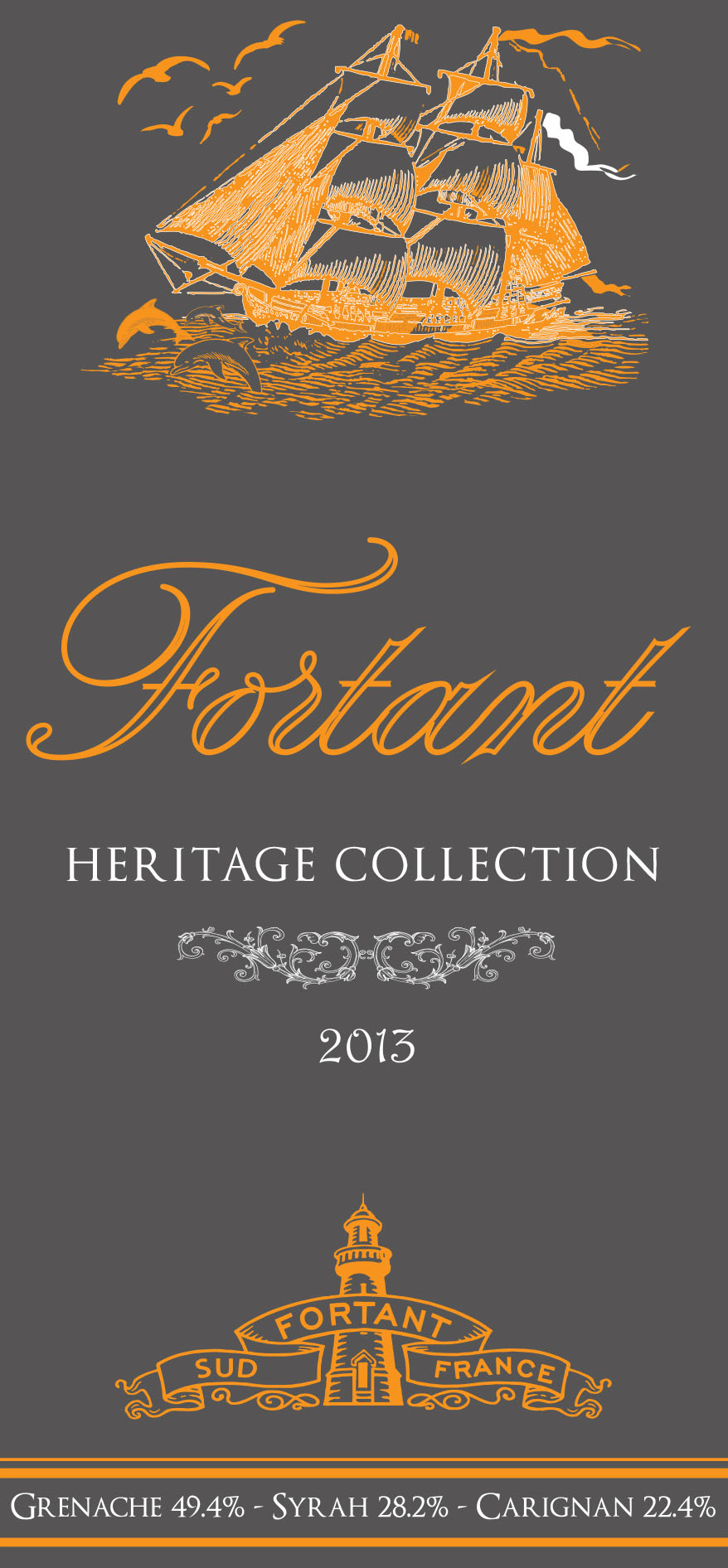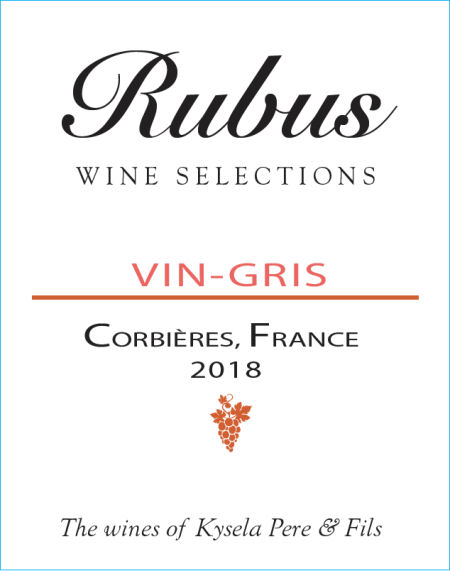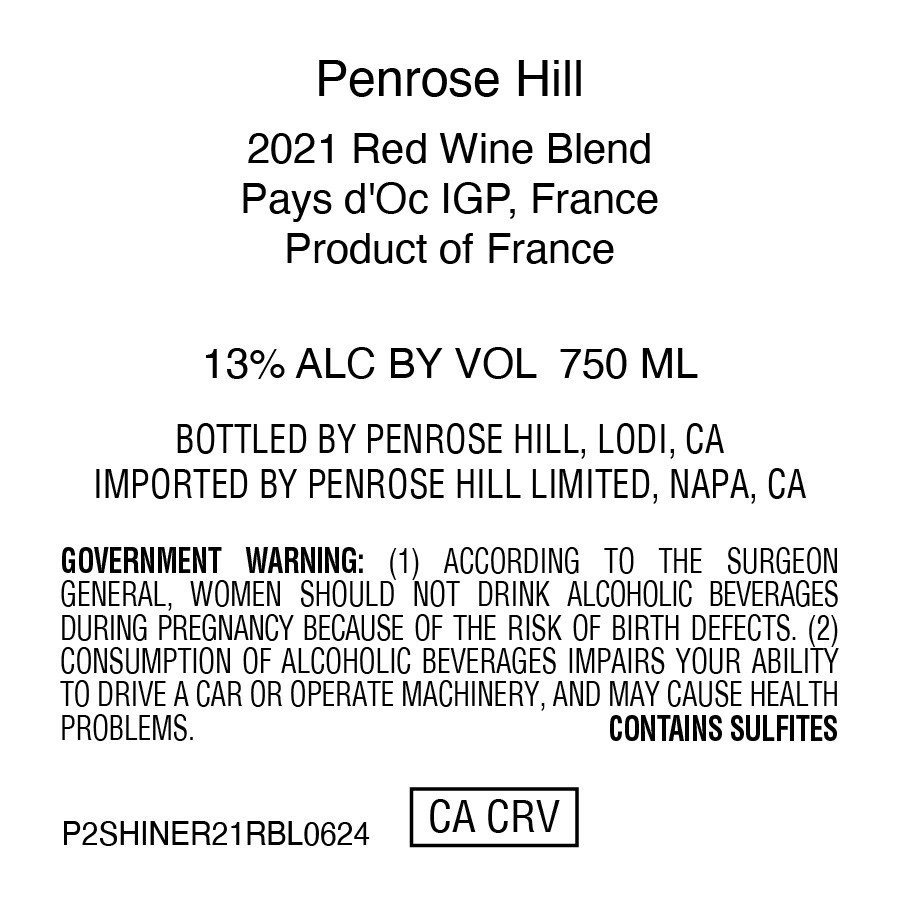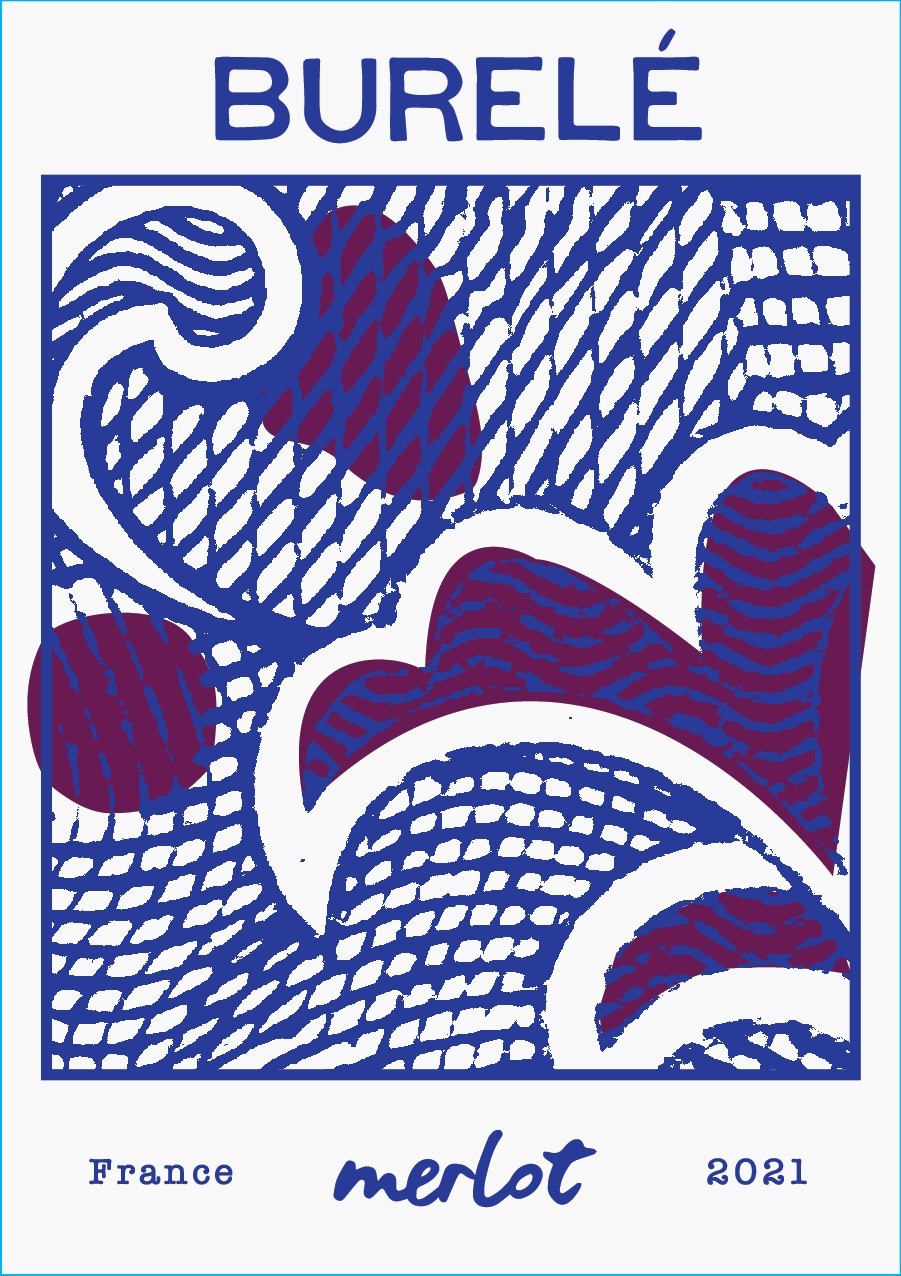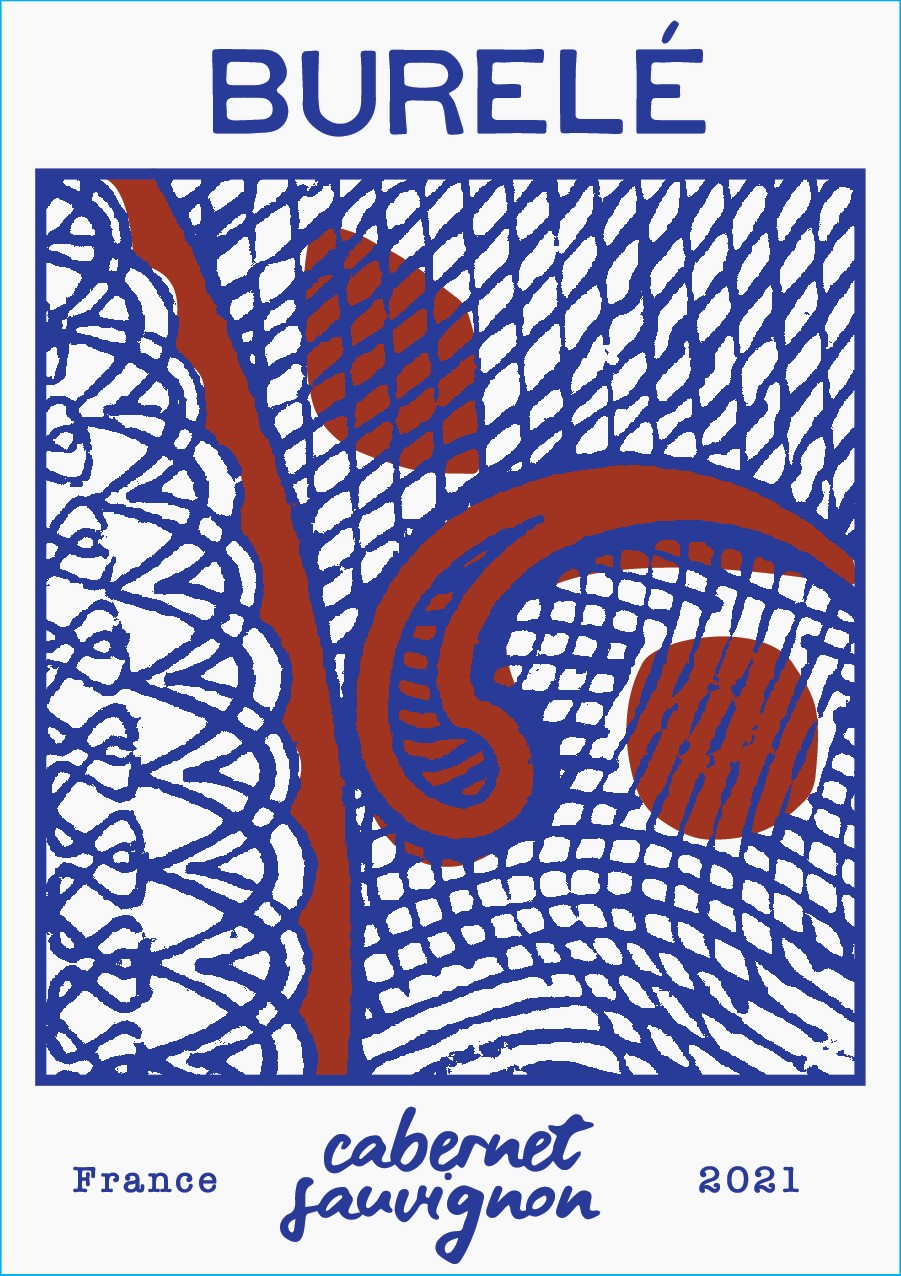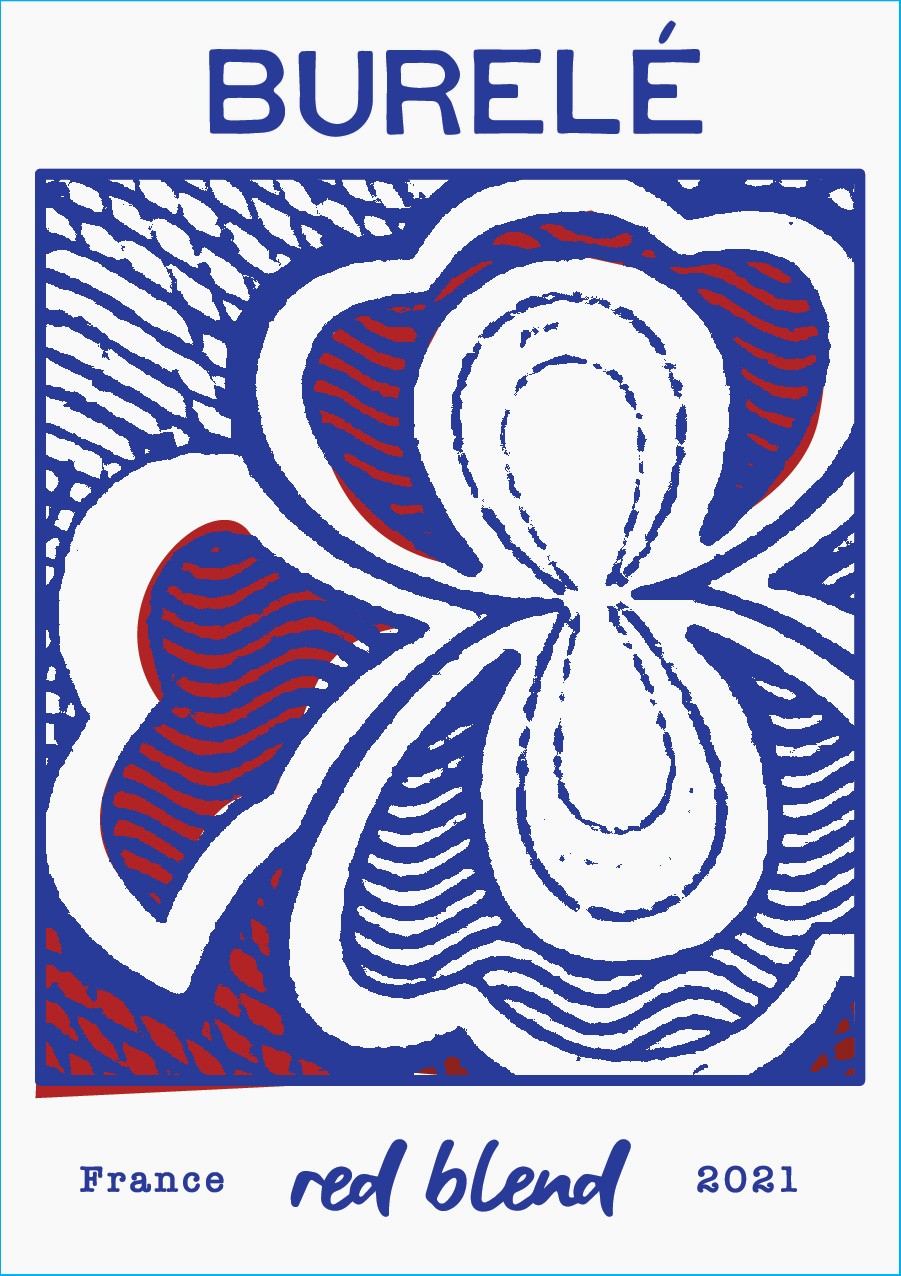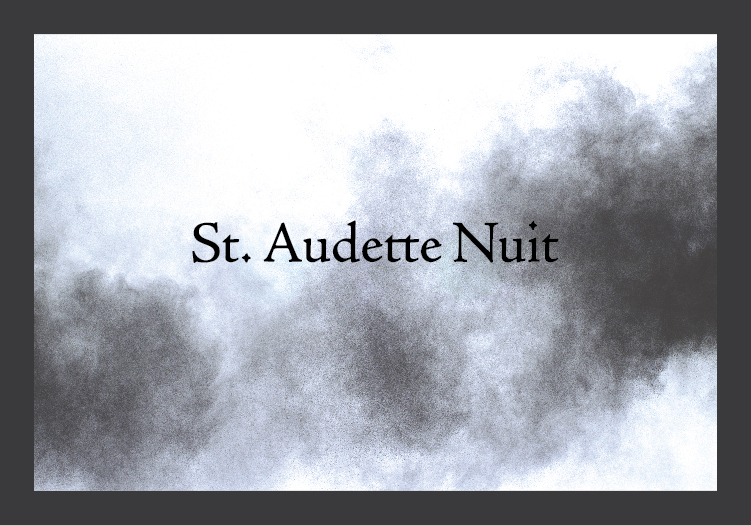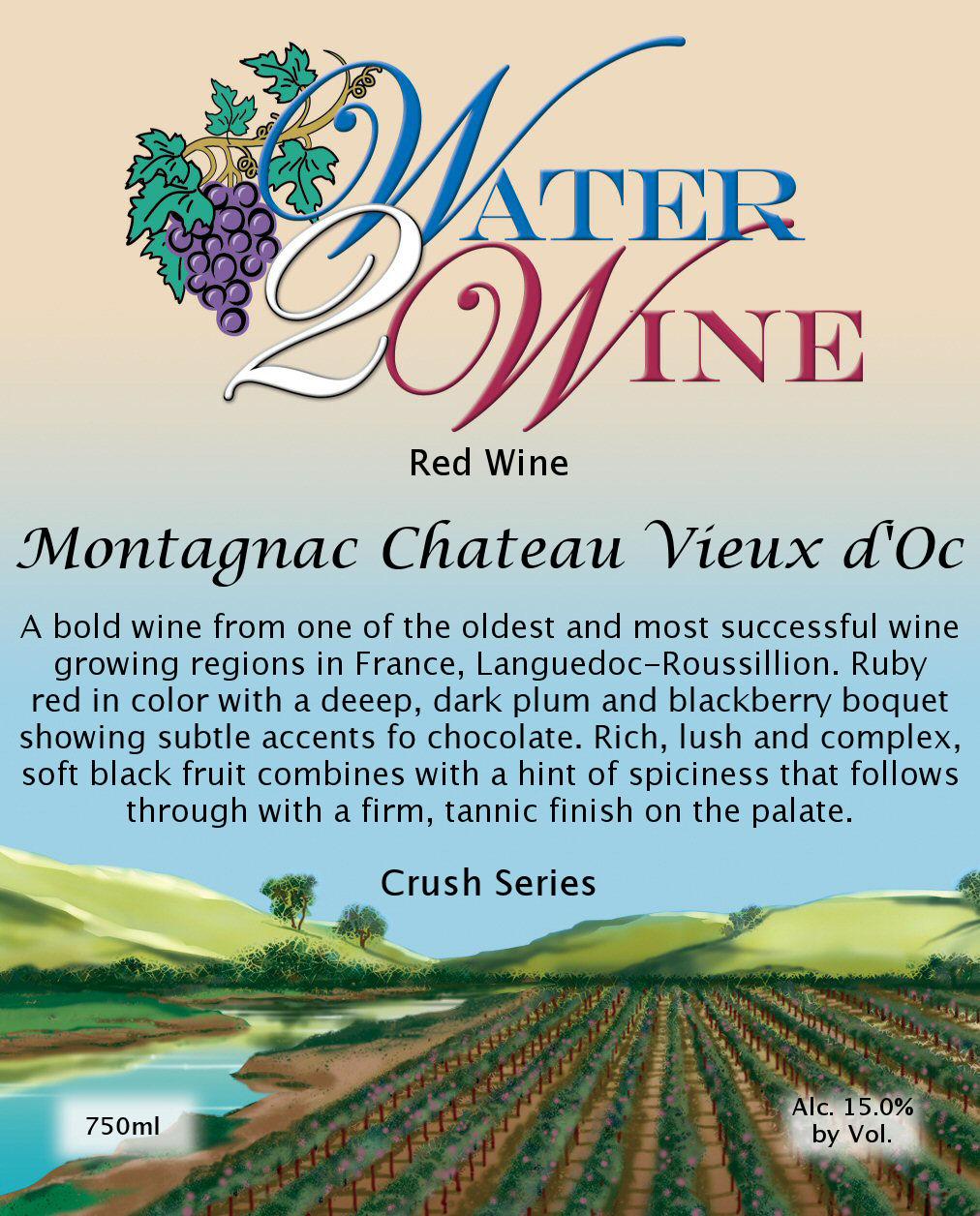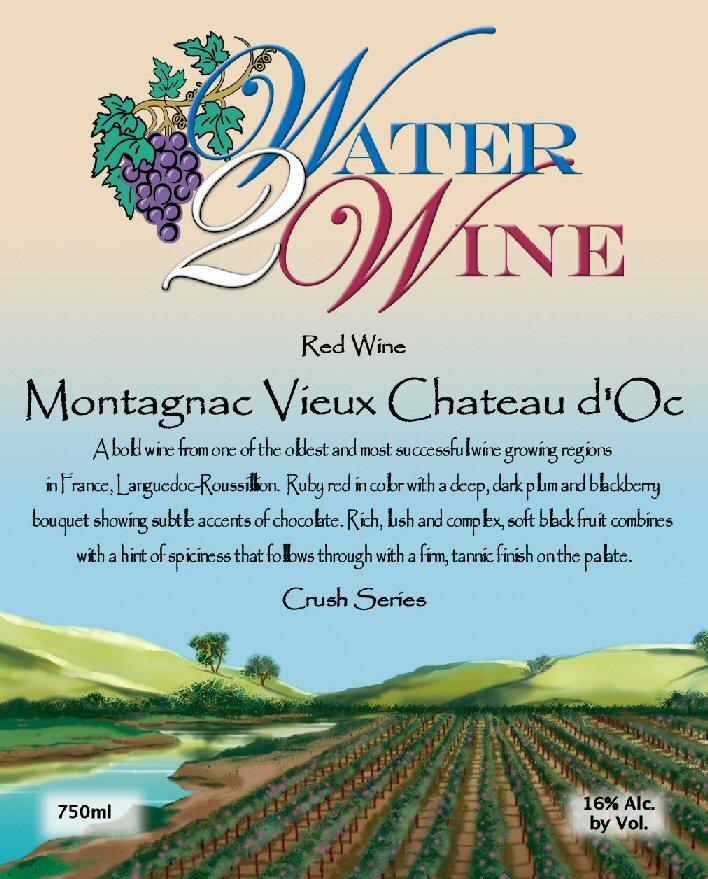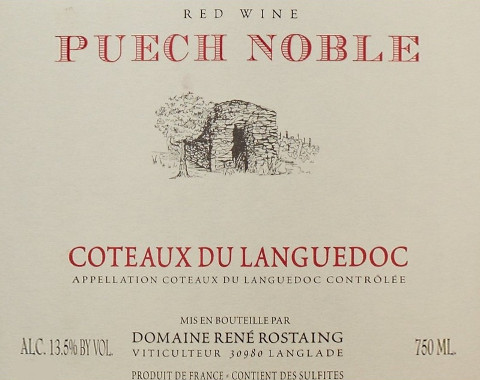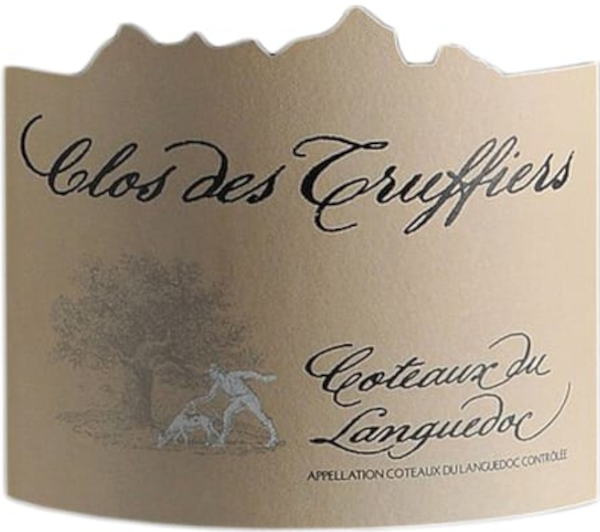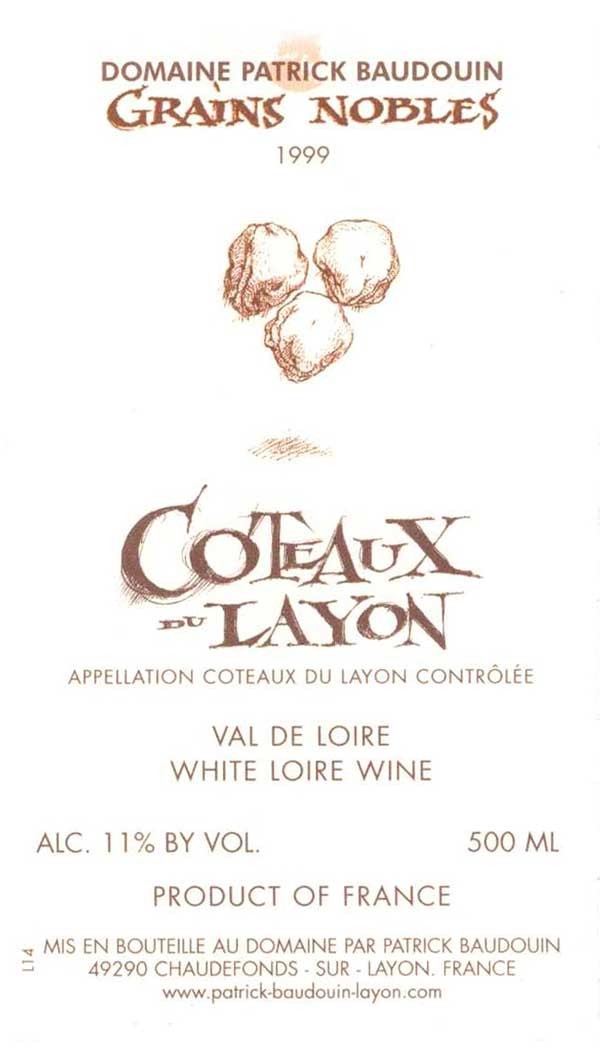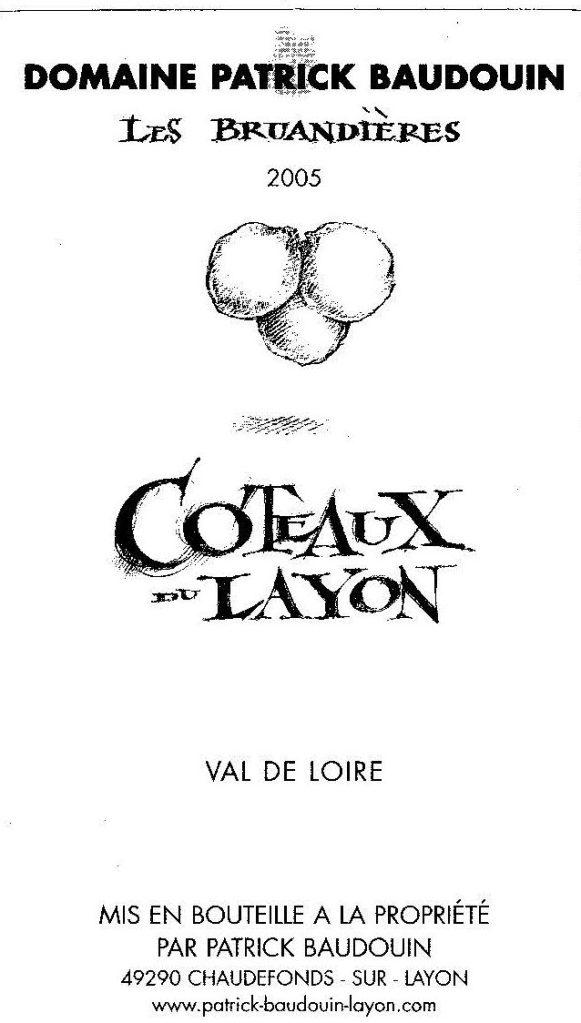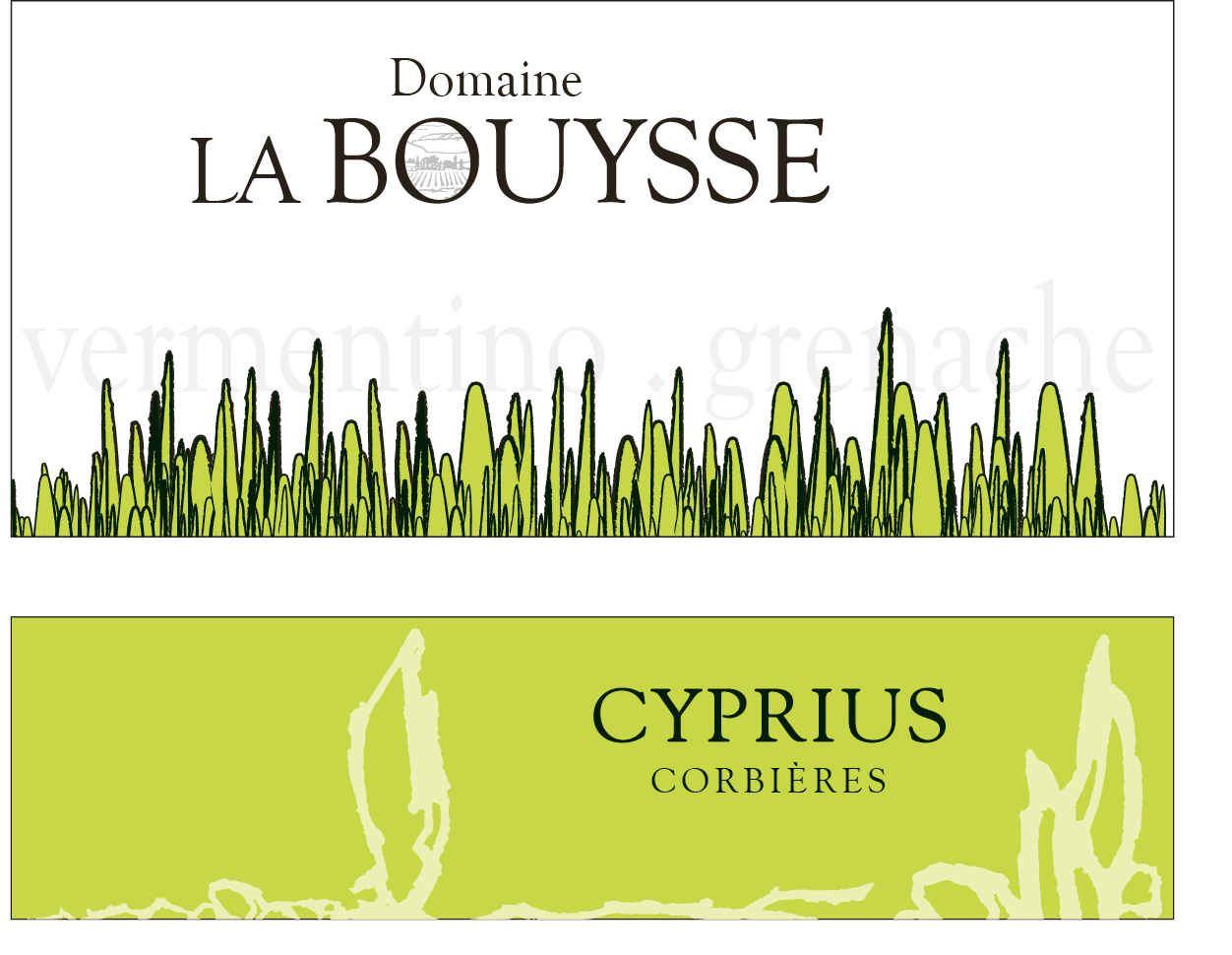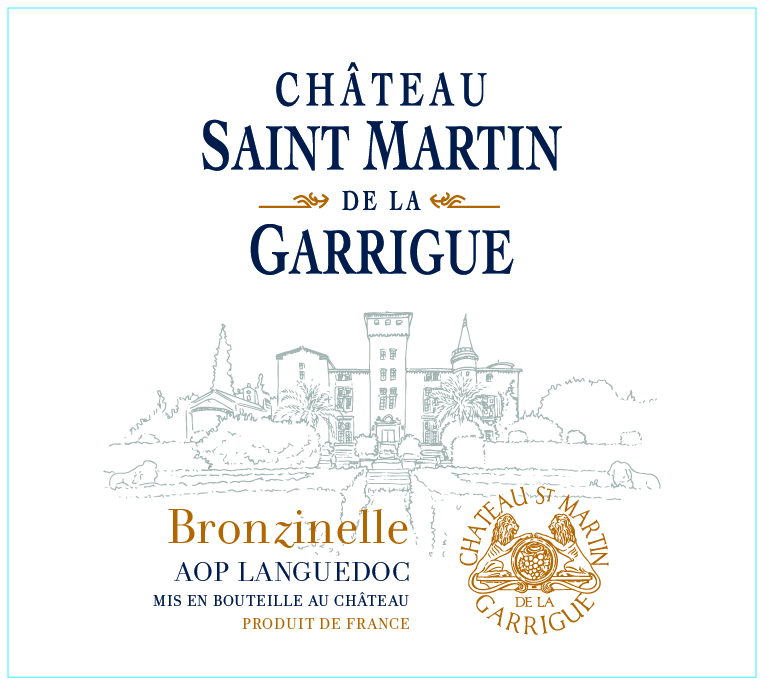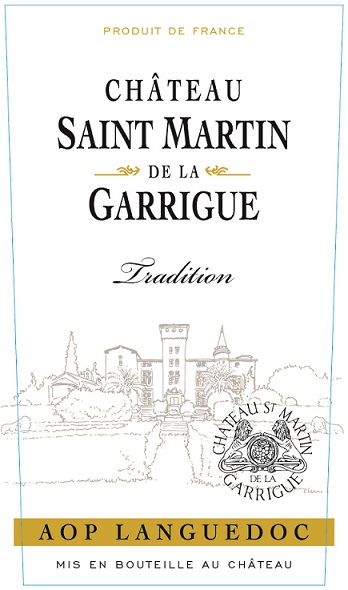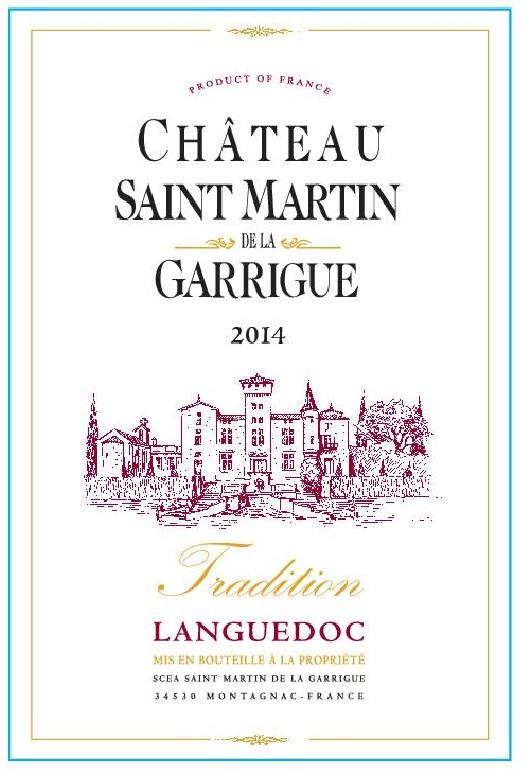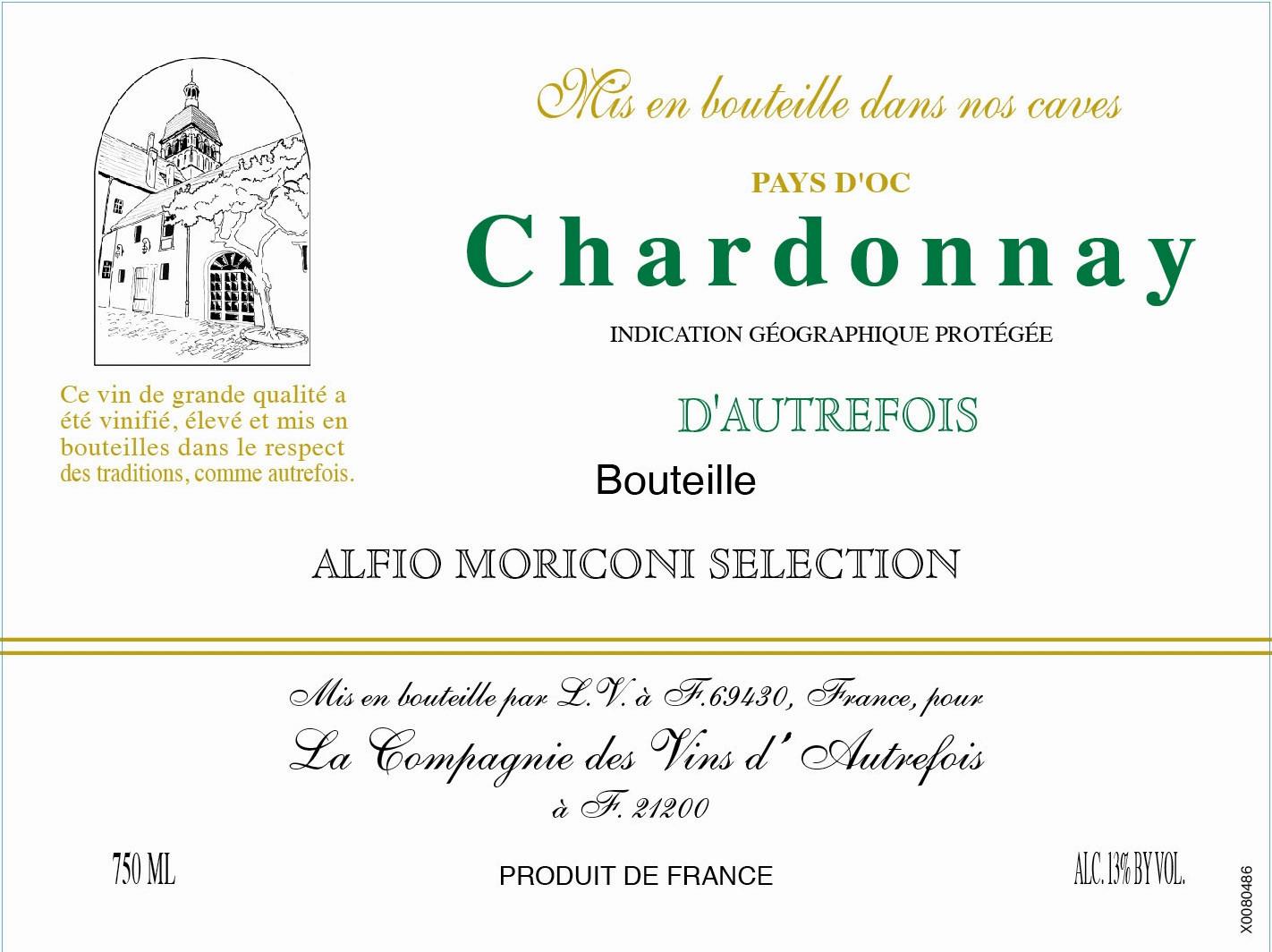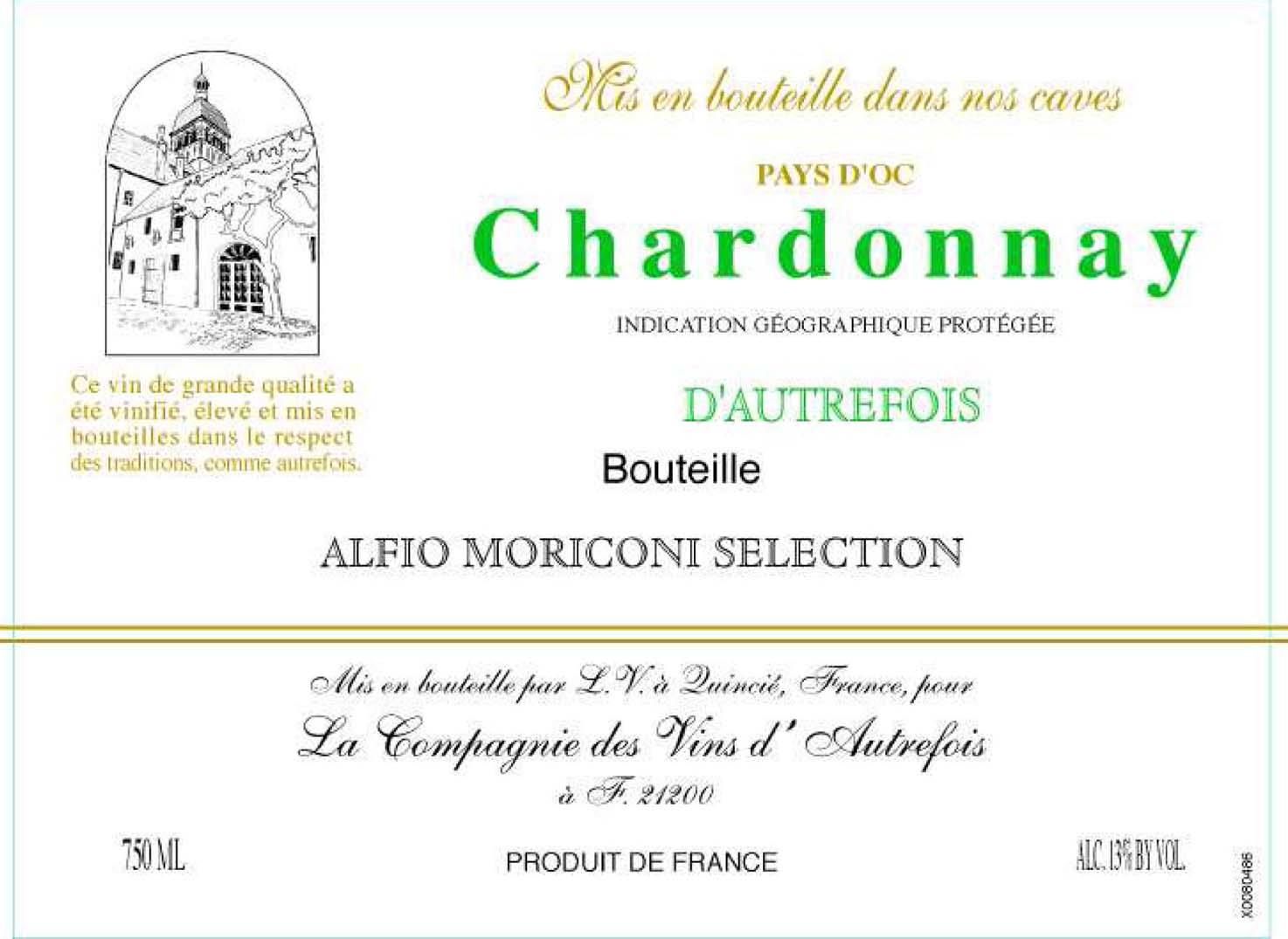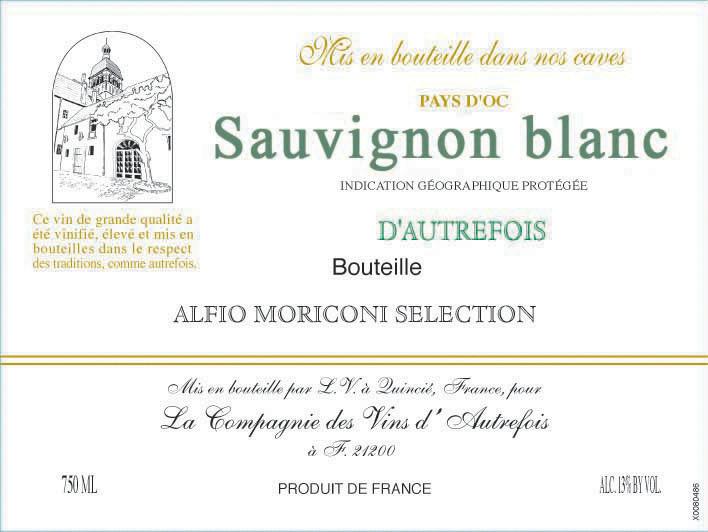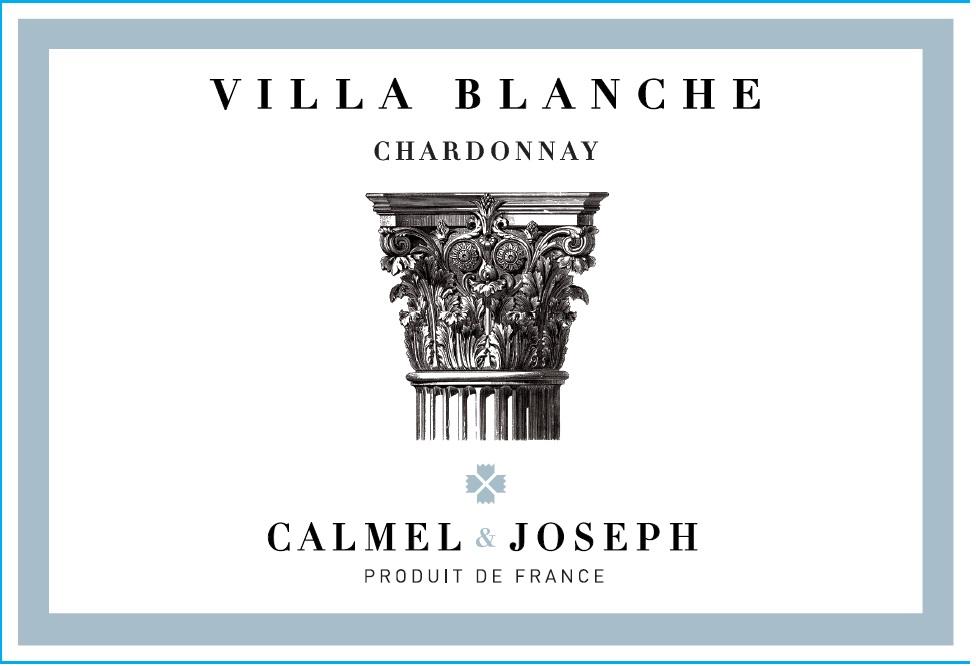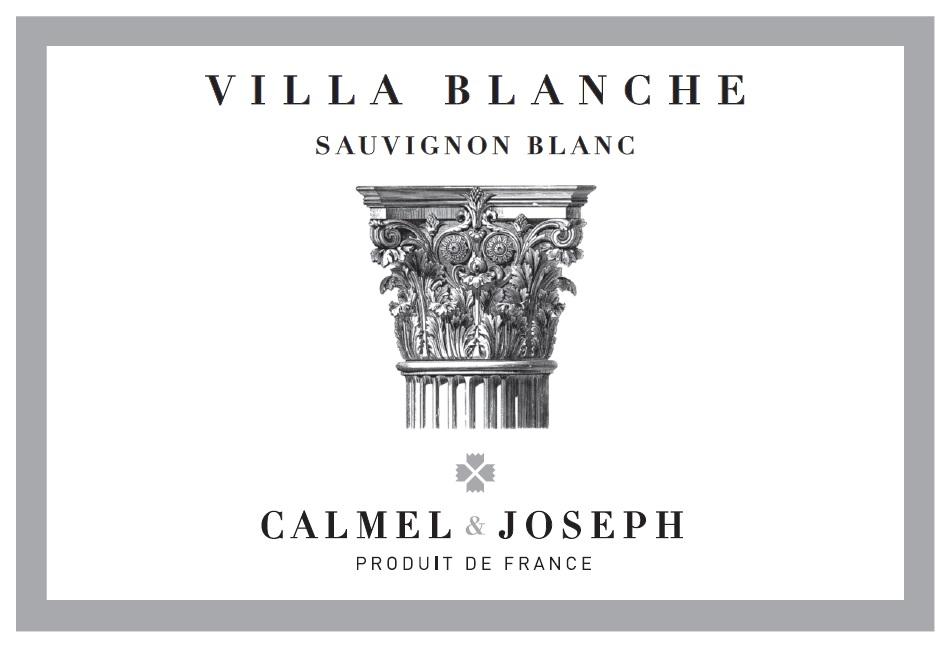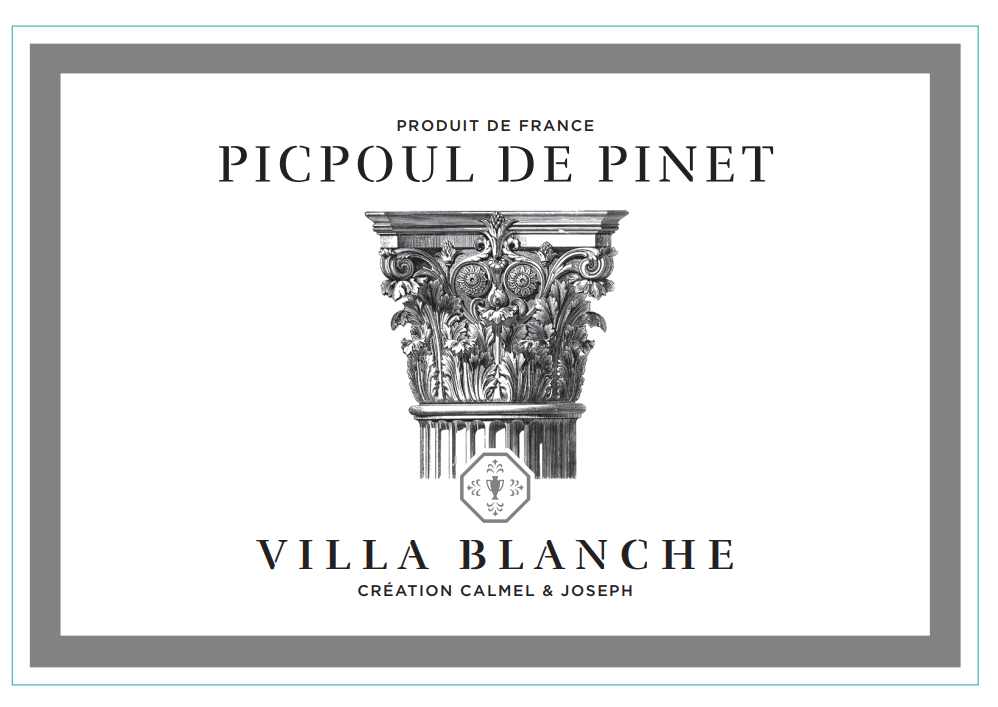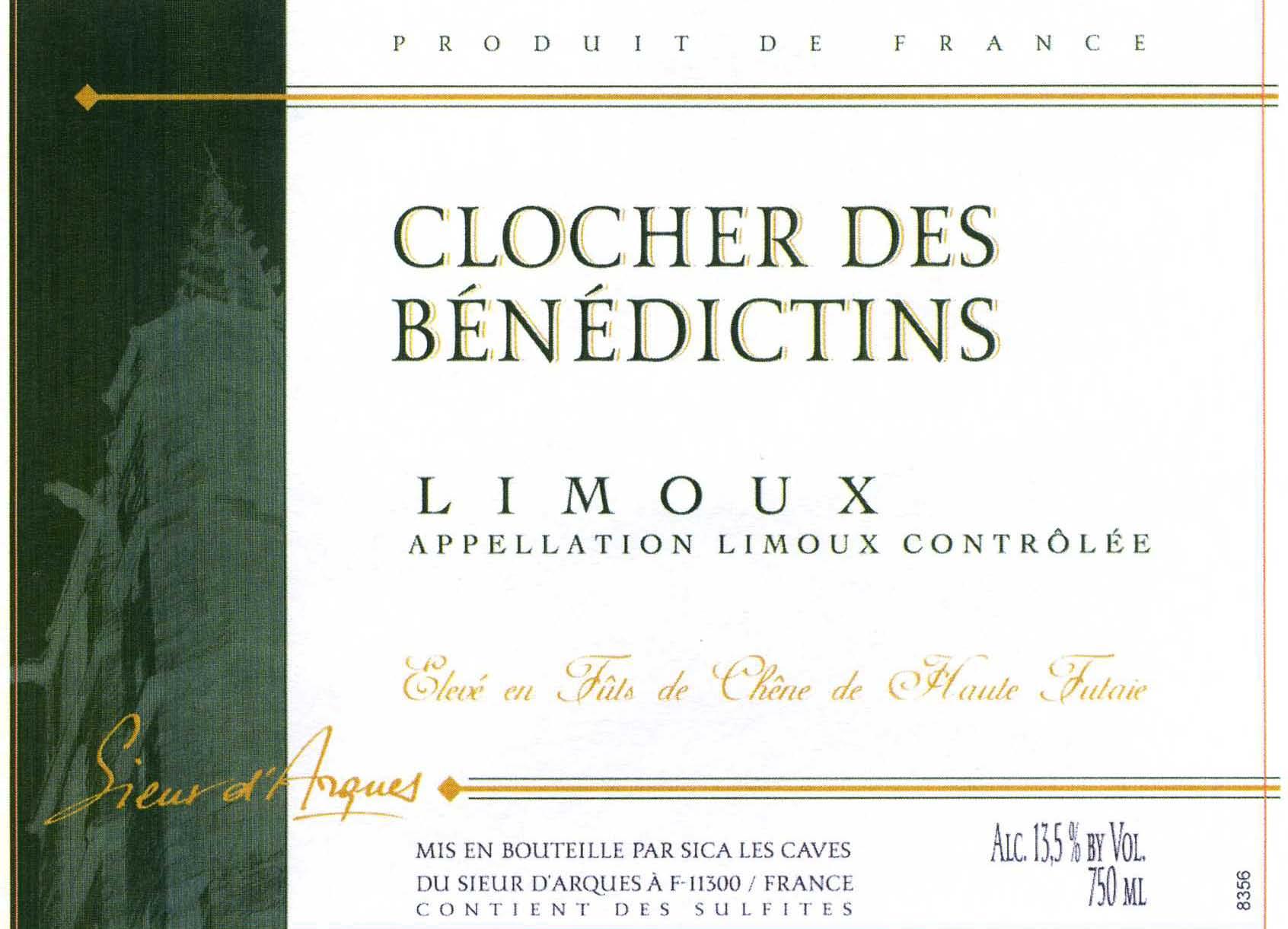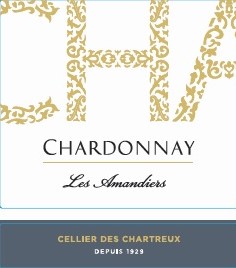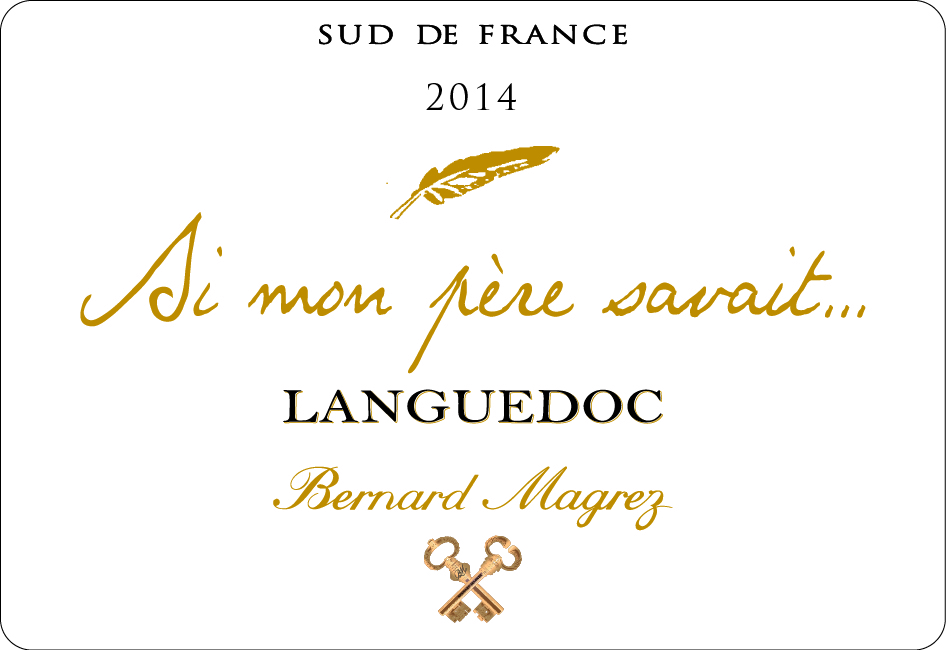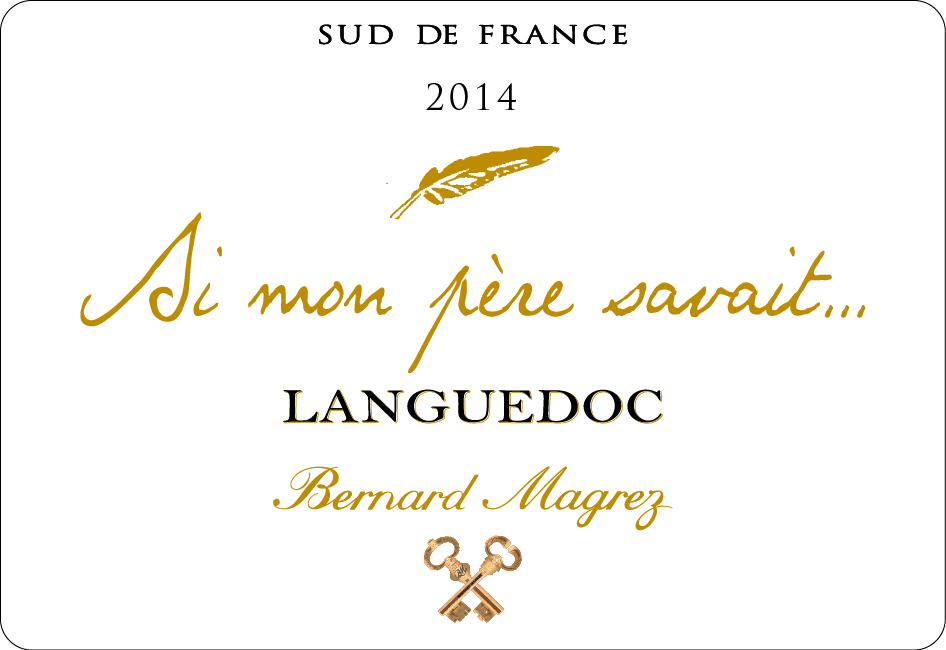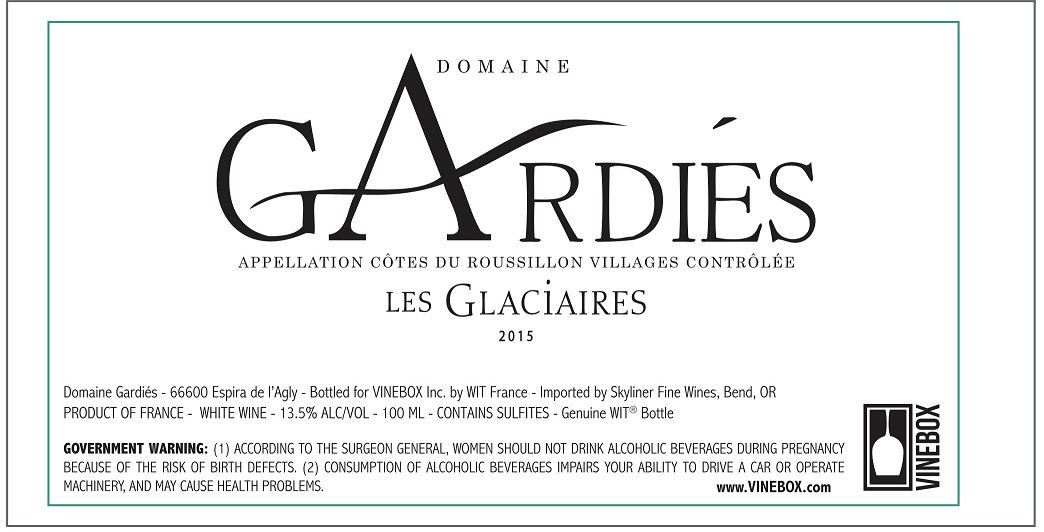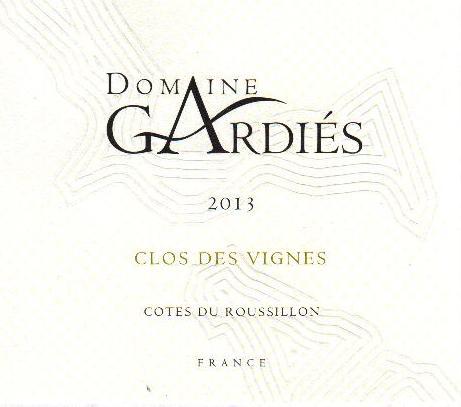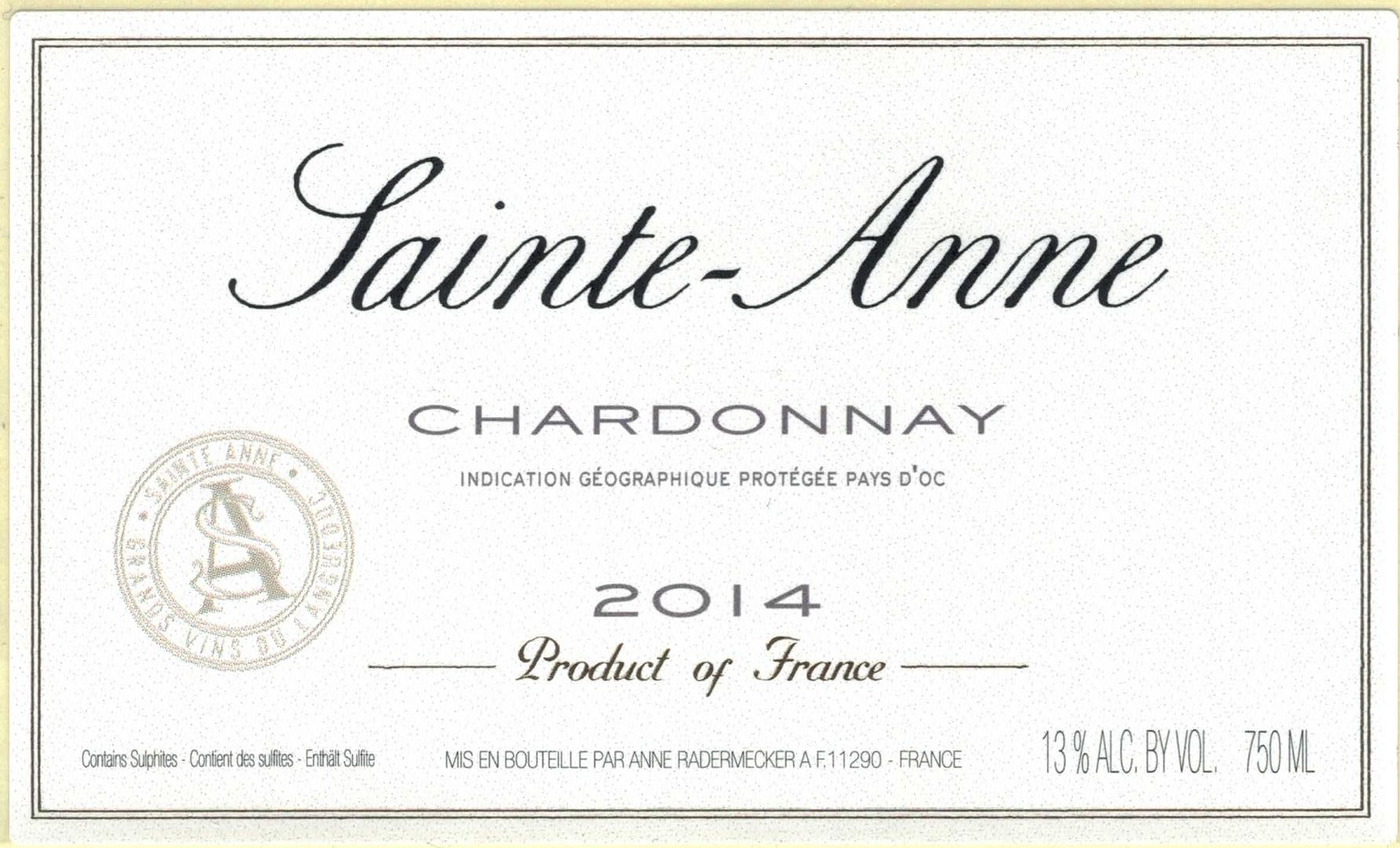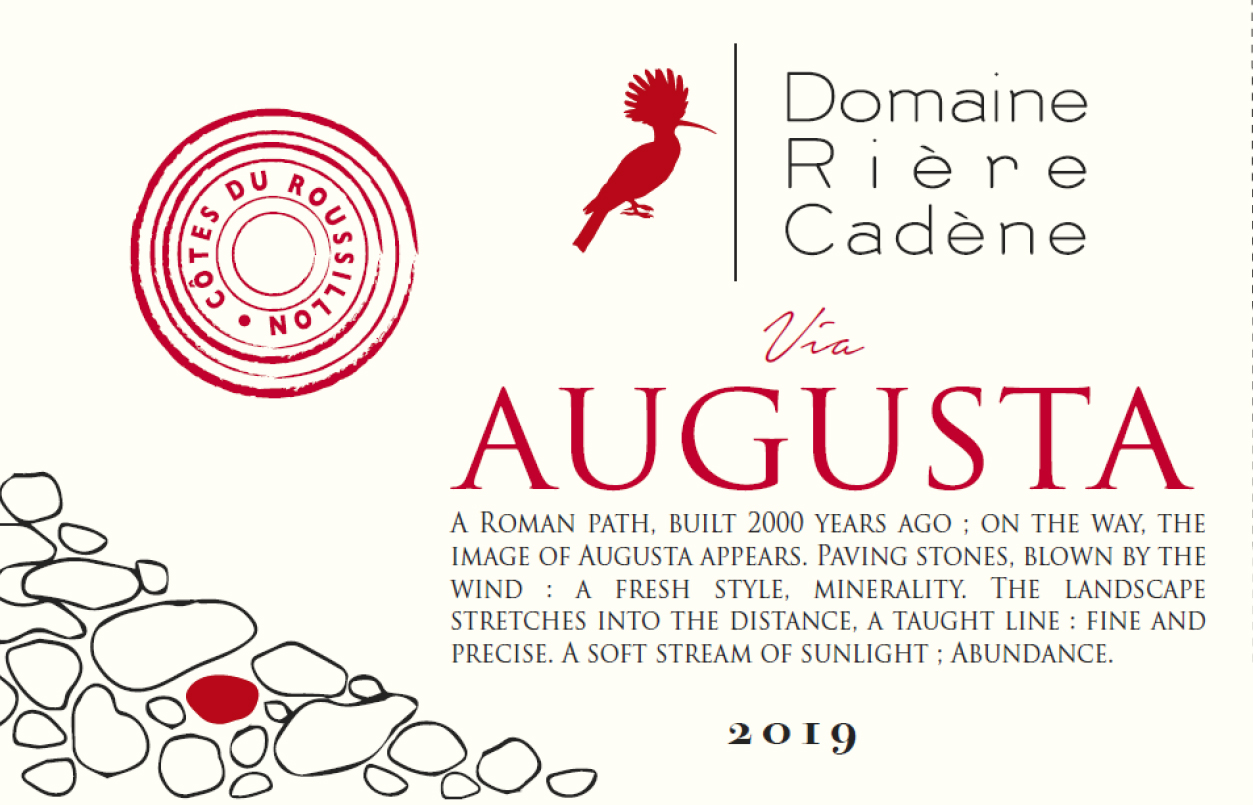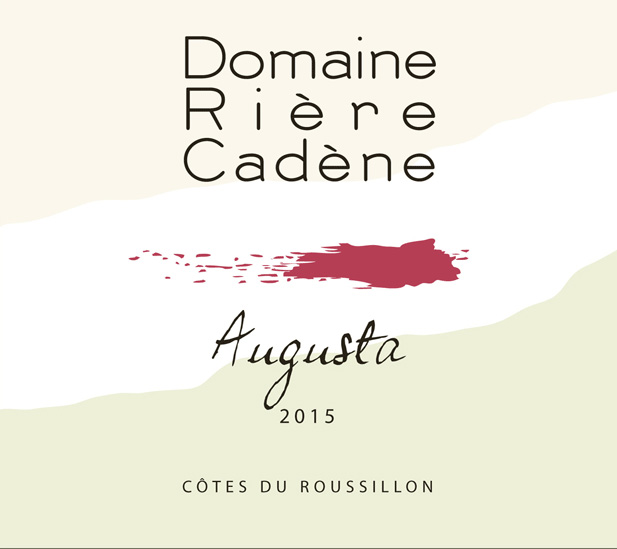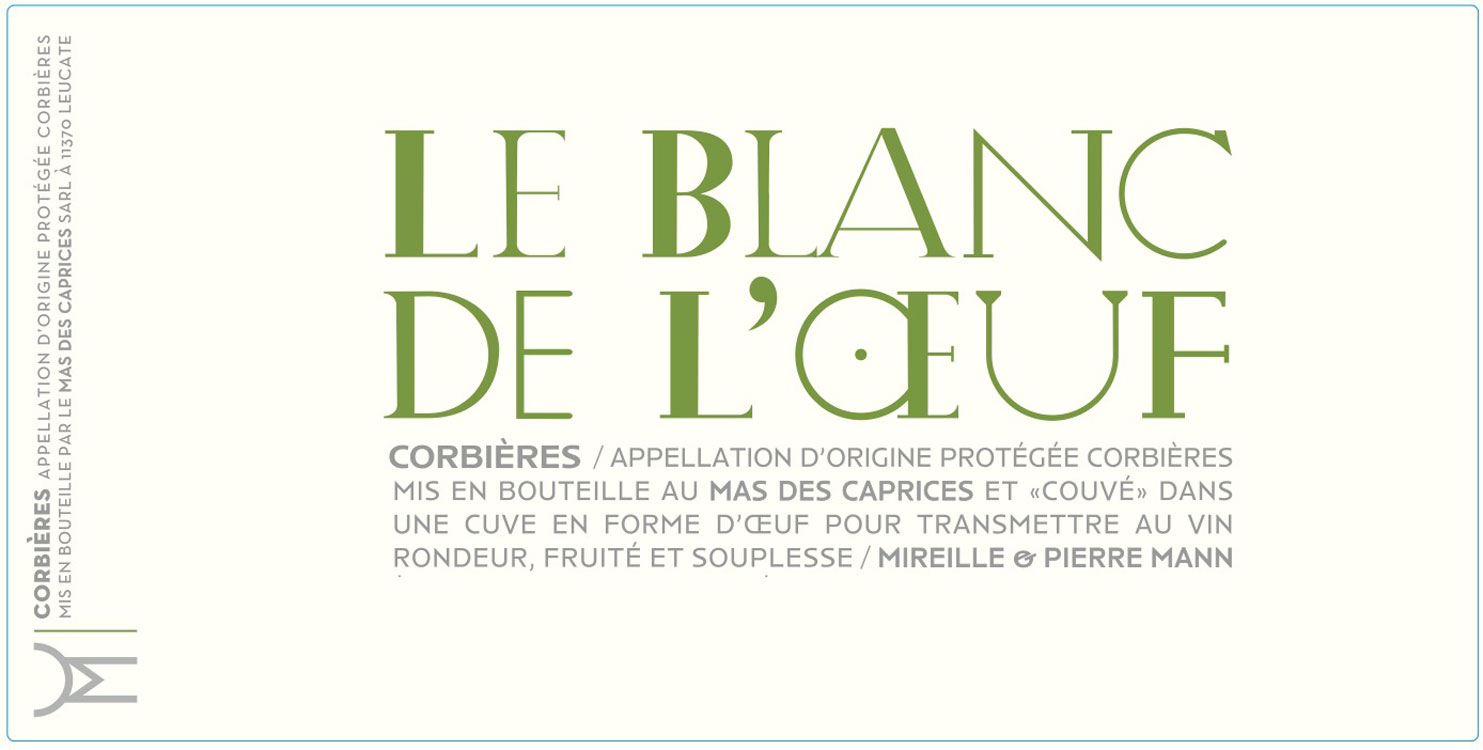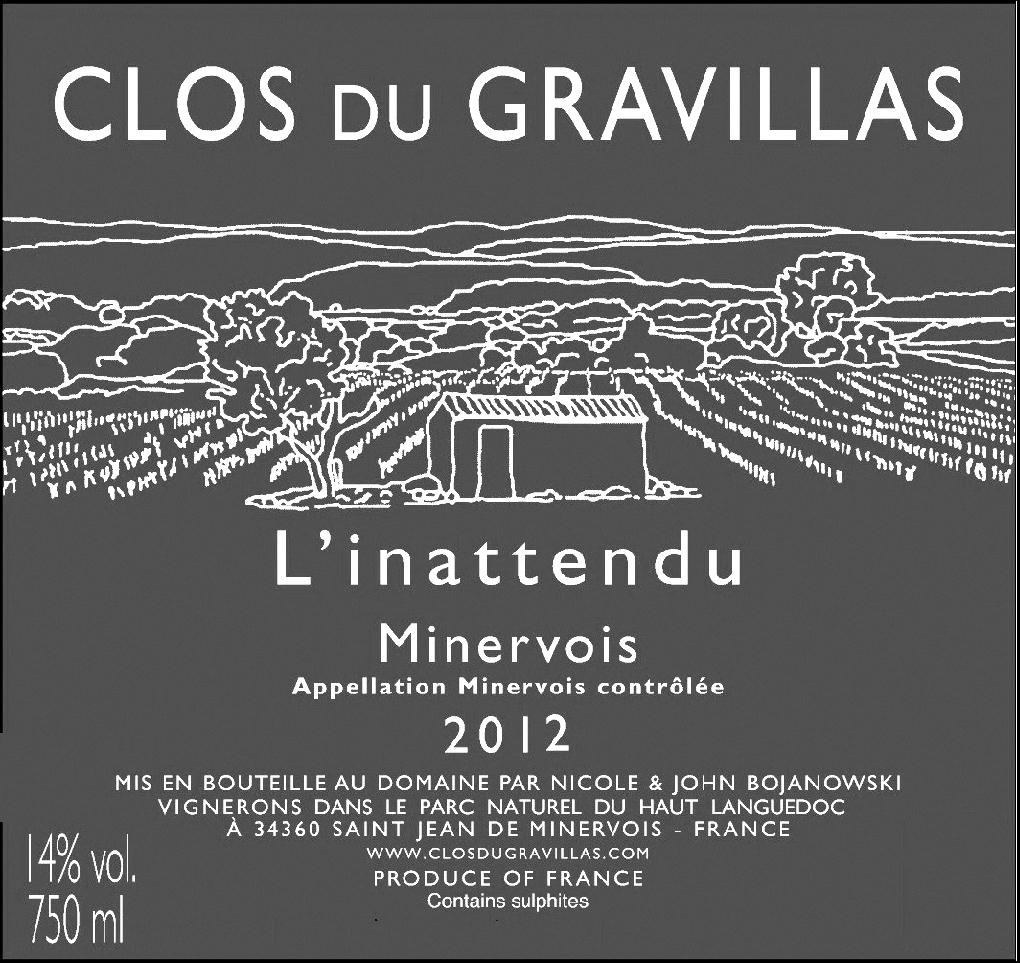Terroir of Languedoc-Roussillon
The climate of Languedoc-Roussillon is mainly Mediterranean, with hot, dry summers and mild winters. The Tramontane and Mistral winds help keep vineyards healthy by reducing diseases. The region has a diverse landscape, from sunny coasts to cooler, wetter mountain areas like the Cévennes, creating various mesoclimates.
The soils in the region are diverse, including limestone, schist, clay, gravel, sand, and volcanic basalt, perfect for growing many grape types. Vineyards are often next to garrigue vegetation, and the aromas of local herbs can influence the wines. Plenty of sunshine, rocky soils, and limited water help produce high-quality wines that reflect the unique character of Languedoc-Roussillon.
Notable Wineries in Languedoc-Roussillon
Languedoc-Roussillon, a vast and dynamic wine region, is home to several notable wineries that have carved out a reputation for excellence and innovation. Here are a few standouts:
-
Mas de Daumas Gassac (Aniane): Known for its elegant Vin de Pays wines crafted in a grand cru style using a blend of Cabernet and other varietals.
-
Gérard Bertrand (Narbonne): A leader in biodynamic practices, celebrated for producing the exceptional Clos d’Ora and the exquisite Clos du Temple rosé.
-
Domaine Gauby (Calce): A pioneer in natural winemaking, specializing in biodynamic and polycultural practices in Roussillon.
-
Mas Amiel (Maury): Renowned for its Vins Doux Naturels and dry reds, operating under both organic and biodynamic certifications.
Sustainable Winemaking in Languedoc-Roussillon
Languedoc-Roussillon is a leader in sustainable winemaking in France, with nearly one-third of its vineyards certified organic. The region's dry climate and strong winds make it perfect for organic and biodynamic farming. Certifications like AB, Demeter, HVE, and Terra Vitis support these eco-friendly practices.
Local organizations such as SudVinBio and Millésime Bio advocate for sustainability, promoting methods like cover cropping, dry farming, and water recycling. Many vineyards use solar energy and adopt low-sulfite winemaking to reduce their environmental impact. Wildlife corridors and polyculture are common, blending biodiversity with vineyard landscapes.
In Languedoc-Roussillon, sustainability is a core value that enhances both the environment and the quality of its wines, fostering an ethos where natural care and exceptional wine quality coexist harmoniously.
Wine Tourism in Languedoc-Roussillon
Wine tourism in Languedoc-Roussillon is a journey through history and diverse landscapes. Start at Carcassonne and explore Corbières and Minervois vineyards. Experience unique pairings like Picpoul with oysters at Étang de Thau. Dive into culture at festivals such as Toques et Clochers in Limoux or enjoy jazz at Château l’Hospitalet. Many vineyards offer guided tours, tastings, and even accommodations, allowing visitors to fully immerse in the viticultural lifestyle.
Discover scenic trails like Sentier Vigneron, which showcase the region's Mediterranean charm and unique terroir. The combination of rich heritage and innovative winemaking makes Languedoc-Roussillon a hidden gem for wine enthusiasts seeking an authentic experience. From historic Cathar castles to the picturesque Canal du Midi, the region blends tradition with modern sustainability, offering a vibrant tapestry of flavors and experiences.




